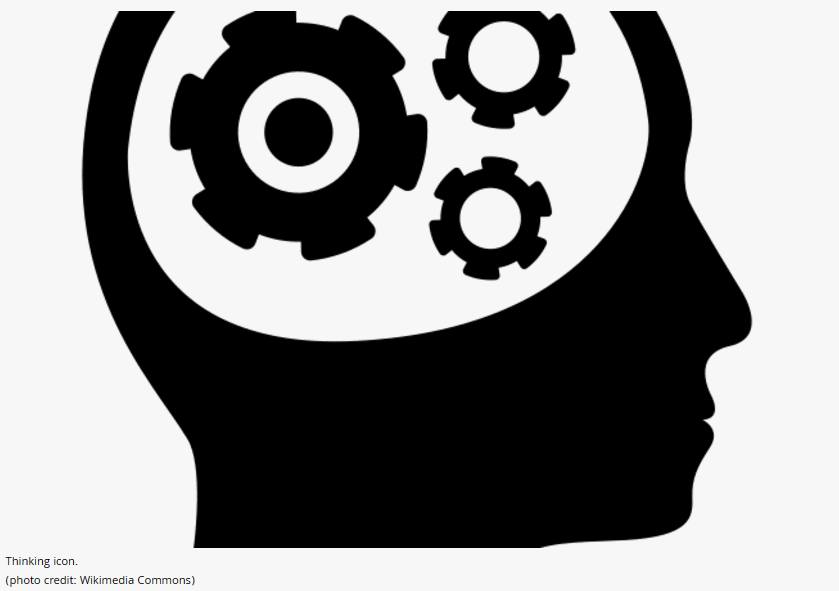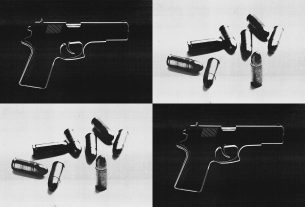US president Harry S Truman famously said: “I don’t pass the buck…. It is my duty, as president of the United States, to make the decisions.” He even had a sign on his White House desk saying so.”
The findings could be applied where people are being encouraged to make life choices that will benefit them in the long run, such as eating more healthful food, exercising, or saving for retirement, by emphasizing the future large rewards and deemphasizing how long it will take to see them. It can even be relevant to ending a war.
The research found that first revealing the time delay – seven to 30 days – made people tend to prefer the shorter-term, “impatient” option, while first revealing the greater reward of the 30-day option encouraged people to choose the “patient” option of waiting to receive more money. The time allotted to decide also influences their choices, but not always in the way you might expect. In some cases, people were more patient when they had less time to decide.
Being patient
MORE THAN HALF the participants patiently chose the “larger later” option regardless of time constraint. Surprisingly, when given the least time to think about it, they made the most patient decisions. With just two seconds to choose, 65% opted for the “larger later” option. With unlimited time, 59% chose the “larger later” option, as did only 54% of those who had to wait 10 seconds before choosing.
These experiments revealed that when shown the rewards first, participants made more “larger later” choices. When the time delay was presented first, they made more “smaller sooner” choices. People were more patient when they saw rewards before delays.



